Fearing asset confiscation, employee hardship and loss of market share, JDE Peet's (Netherlands) sought to localize to stay in Russia.
Unlike many Western companies that left Russia after the Ukraine conflict, JDE Peet's decided to make a series of changes to stay in business. "It's likely that this will be a long-term fight, which means we have to take a longer-term approach," said Fabien Simon, CEO of JDE Peet's.
It is one of the few major Western companies that remains open about its business in Russia. Many others, while still doing business, remain tight-lipped, limiting what they say to brief, pre-written statements, often because their CEOs fear retaliation from the Russian government or the public.
JDE Peet's is the world's second-largest packaged coffee maker after Nestlé, with a 10% global market share compared to 25%, according to Euromonitor. In 2022, JAB Holding's revenue - the parent company - will reach 8.2 billion euros ($8.7 billion), up 16%. JDE Peet's alone will bring in 6.1 billion euros ($6.4 billion), accounting for 74%.
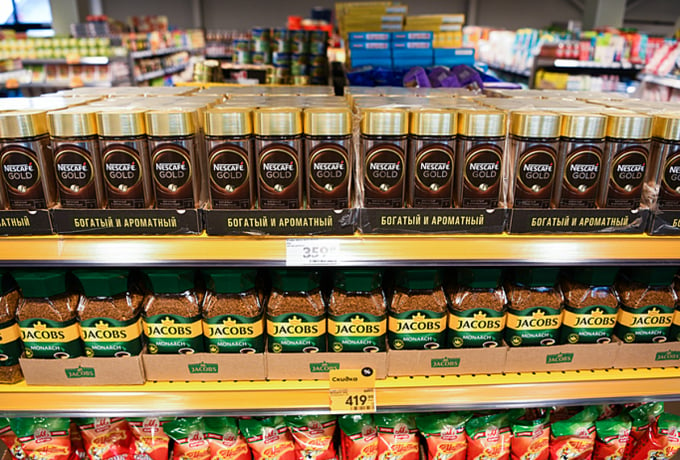
Nestlé coffee (top) and JDE Peet's Jacobs brand (center) sold in Russia. Photo: URA
Russia has long been a key market for JDE Peet's, accounting for 5% of pre-conflict sales. The company also sells its other packaged coffee and tea brands, including Douwe Egberts, Senseo and Tassimo, in grocery stores.
Simon cited three reasons why the company has no intention of leaving Russia. First, coffee and tea are essential, affordable products that “sustain health or life.” Second, JDE Peet’s has 900 employees in Russia, who he said would be unfairly punished if they left. And third, if they left, they feared their brand and intellectual property could be seized and given to a third party.
“We may not have said what people wanted to hear at the beginning, but we are taking a very authentic and honest approach,” Simon said, adding that the company remains compliant with all Western sanctions against Russia.
The decision to stay in Russia has also been criticized by some of the company’s own employees, particularly those in Ukraine. Consumers in Ukraine, Poland, Romania and other countries have also protested the decision to stay in Russia.
At a parliamentary hearing earlier this year, Dutch lawmakers asked Simon why JDE Peet's was still selling in Russia, without following Starbucks' lead. Simon responded that Starbucks' drinks were more of a luxury item, unlike his company's packaged coffee.
JDE Peet's maintains a working relationship with the Russian government, he said. "Because we're so transparent, it eliminates a lot of unnecessary tension," Simon explained.
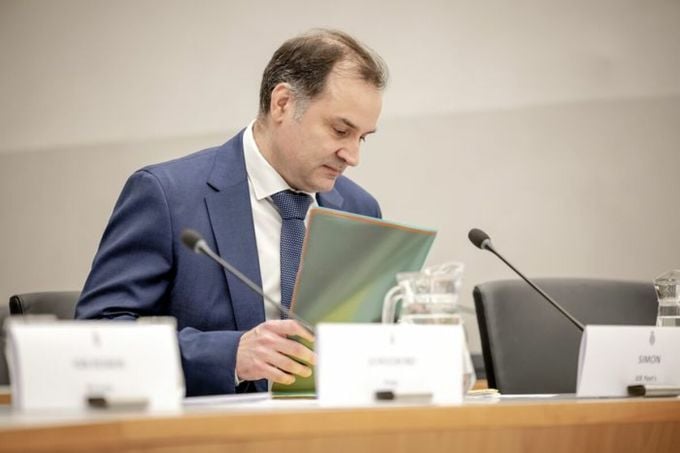
CEO Fabien Simon testified in the Dutch parliament earlier this year. Photo: Zuma Press
Last month, Russia seized the local operations of Danish brewer Carlsberg and French dairy group Danone after both announced plans to leave, a move that has discouraged foreign companies from leaving or scaling back their operations.
Some consumer companies continue to sell what they consider essential products in Russia. Nestlé, for example, sells coffee, including its flagship Nescafé brand, baby formula and pet food.
JDE Peet's priority now is to protect its business in Russia and limit reputational damage to its coffee and tea brands elsewhere. Accordingly, it plans to remove the Jacobs brand, which is sold across Europe, from Russian shelves by the end of the year. Russian consumers will instead see a brand called Monarch.
Monarch packaging will feature green and yellow colors, fonts, and other cues to help shoppers feel like Jacobs. The products will also be manufactured at the same St. Petersburg factory as the Jacobs brand.
“It’s not a risk-free change, but it’s close enough to the existing brand that it’s easy for consumers to find on the shelf,” Simon said. He acknowledged that since the company stopped advertising its international brands in Russia after the conflict, JDE Peet’s market share has declined, and the strategy of converting Jacobs into Monarch could further erode that position.
Earlier this month, the company recorded a $201 million goodwill impairment related to the Jacobs brand change in Russia and cut its overall profit forecast for the year. Going forward, product updates for the global Jacobs brand will not be updated. Monarch and JDE Peet's will also stop selling several other international brands including Tassimo and Moccona in the country.
JDE Peet's reported total revenue of about 4 billion euros ($4.72 billion) in the first half of this year. Sales rose 3.5% after excluding inflation factors. The company's shares have fallen about 14% over the past 12 months.
The company does not disclose separate financial figures for its Russian operations. However, data from the Russian federal tax agency shows that JDE Peet's reported a 22% increase in revenue last year to 42.7 billion rubles ($452 million). Profits rose 73%.
JDE Peet's was formed in 2015 from the combination of Mondelez's coffee business and DE Master Blenders 1753. The company went public in 2020 and had a market capitalization of $13.79 billion as of the close of trading on August 18. The company's largest shareholder is an affiliate of investment group JAB Holding, which owns 59% of the shares. Other shareholders include Krispy Kreme, Keurig Dr Pepper, Pret A Manger and Panera Bread.
In addition to selling packaged coffee and tea, the company also owns the Peet's Coffee chain, headquartered in California (USA), with 350 branches and global revenue last year reaching 1.2 billion USD, a growth of 26%.
Simon said the company now plans to run its business in Russia as “locally for local” as possible. That means local managers will make operational and commercial decisions, decide on advertising plans for brands and choose suppliers.
Tasks previously coordinated by managers at the Amsterdam headquarters – such as purchasing spare parts for the plant or packaging materials – will now be handled by the team in Russia. The company is also changing the routes it uses to ship coffee beans and IT equipment in Russia amid restrictions on imports into the country.
“It was a painful process, but I think it was the right thing to do,” Simon said.
Phien An ( according to WSJ )
Source link



![[Photo] Binh Trieu 1 Bridge has been completed, raised by 1.1m, and will open to traffic at the end of November.](https://vphoto.vietnam.vn/thumb/1200x675/vietnam/resource/IMAGE/2025/10/2/a6549e2a3b5848a1ba76a1ded6141fae)




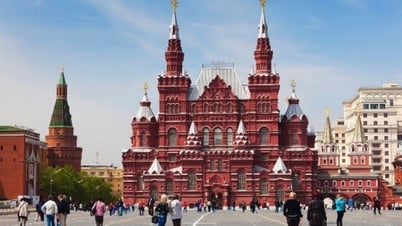

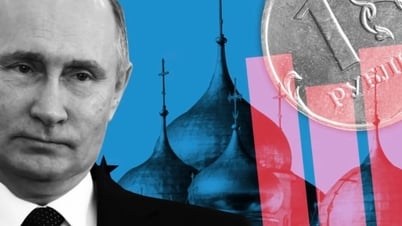

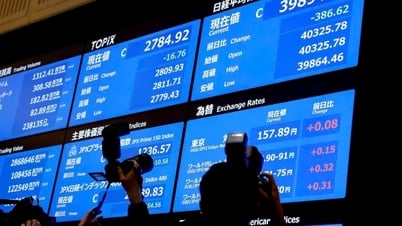



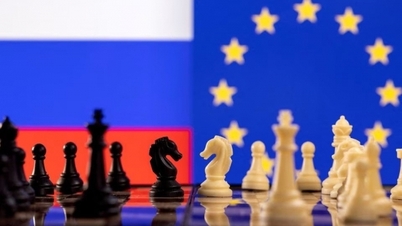
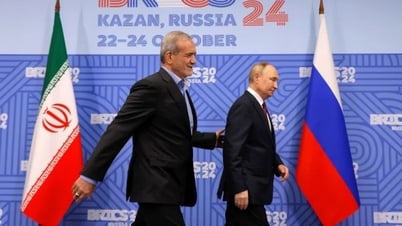
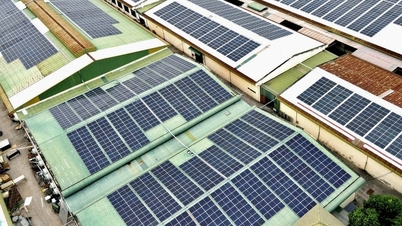




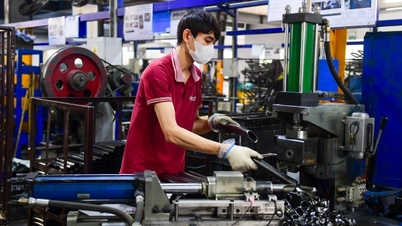
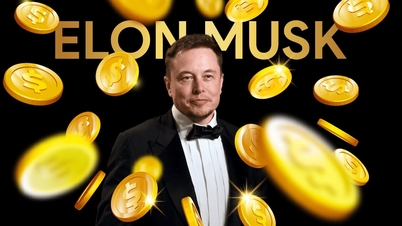
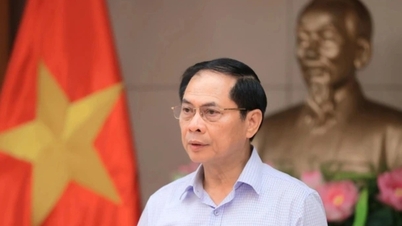


























































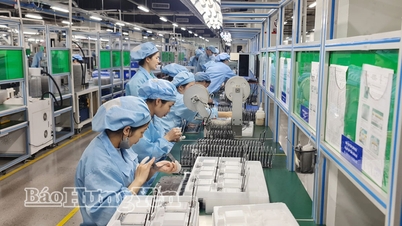

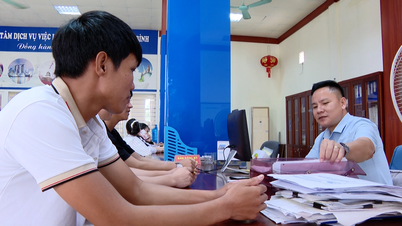

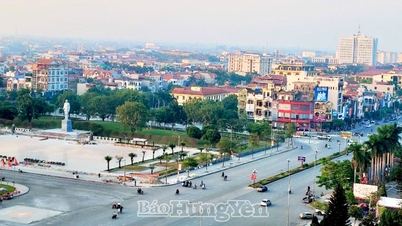
















Comment (0)